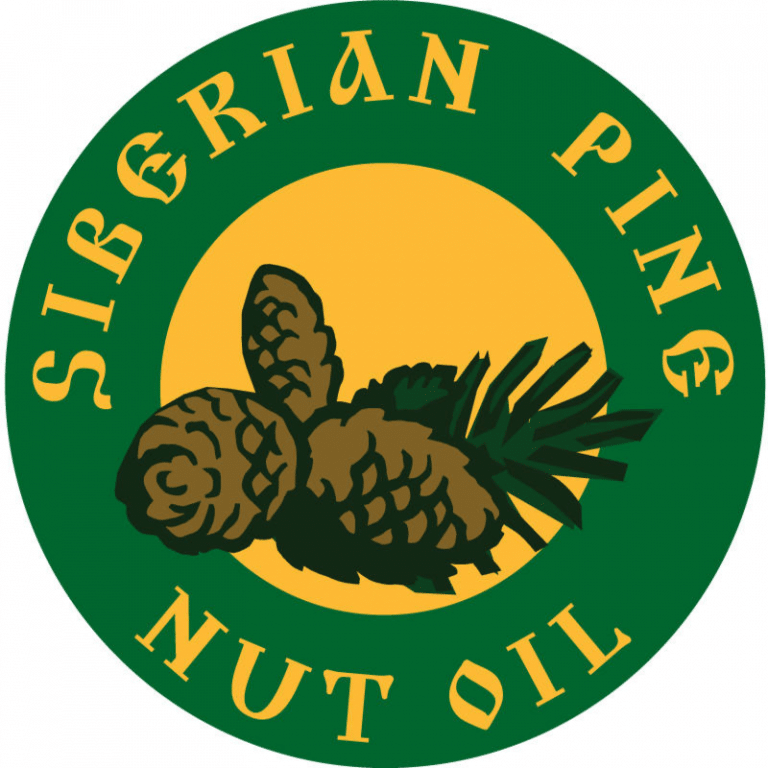Pine nut oil enriched with sea buckthorn for supporting digestive health

Diseases of the gastrointestinal tract (GI diseases) are the most common among all population groups. Their list, as well as the reasons for their occurrence, are very different; therefore, diseases with the gastrointestinal tract can develop regardless of gender, age, and even lifestyle. For example:
- Peptic ulcer disease often affects men 20-40 years old. It develops due to the bacteria Helicobacter pylori, irregular nutrition, or stress;
- Oncological diseases of the gastrointestinal tract occur mainly in people over 50 years of age. There are many factors of their occurrence – from unfavorable environmental conditions to genetics;
- Diseases of the secretory system associated with disorders of the secretion of digestive enzymes are 5 times more common in women than in men.
As you can see, gastrointestinal diseases are very diverse, and any of us can be at risk for one of them. Meanwhile, there is an effective way to significantly reduce this risk. To maintain the digestive tract, the following vitamins and minerals are very important: potassium, iron, zinc, vitamins K, D, B1, B9. It is not always easy to get them even from a healthy diet, so it is recommended to take dietary supplements rich in essential substances, for example, pine nut oil enriched with sea buckthorn (also called Sea Buckthorn oil). Pine nut oil enriched with sea buckthorn is an excellent prophylactic agent for diseases of the gastrointestinal tract, as it facilitates digestion, balances the microflora of the tract and saturates the body with essential vitamins and minerals.
Let’s take a closer look at the vitamin-mineral content:
Potassium
Potassium regulates the content of salts, alkalis and acids in the body. Its deficiency can lead to diseases of the gastrointestinal secretion. In addition, due to a lack of potassium in the body, Gastritis or Peptic ulcer disease can develop.
Potassium is found in large quantities in sea buckthorn.
Iron
Iron affects literally all systems of the body, and the gastrointestinal tract is no exception. Since iron plays an important role in the body’s defense system, this mineral influences on whether the gastrointestinal tract can fight disease-causing bacteria. Frequent intestinal upset is a sign of iron deficiency.
Iron is found in both sea buckthorn and pine nut oil.
Zinc
This mineral is also essential for the body to fight infections. Therefore, a sufficient zinc content has a positive effect on the Gut microflora, where only beneficial bacteria remain.
Doctors recommend taking zinc for patients who have already developed any GI diseases, since most of them are highly likely to lead to a deficiency of this mineral.
Zinc is found in pine nut oil.
Vitamin K
This vitamin normalizes the motor function of the gastrointestinal tract. Violation of Gastrointestinal motility leads to reflux disease, one of the most important signs of which is heartburn. If you occasionally suffer from heartburn, this may be a symptom of more serious disorders in your body.
Vitamin K is found in sea buckthorn.
Vitamin D
Studies have shown that Vitamin D deficiency:
- disrupts the production of antimicrobial protein in cells and intestines [1]
- can lead to irritable bowel syndrome and worsen the course of this disease. [2]
- increases the risk of developing rectal cancer.
Vitamin D is found in pine nut oil.
Vitamin B1
This vitamin normalizes the acidity of the gastric juice, the motor function of the stomach and intestines. Just like iron and zinc, this vitamin increases the body’s resistance to pathogenic bacteria, thereby healing the Gut microflora.
Sea buckthorn is rich in vitamin B1.
Vitamin B9 (folic acid)
Folic acid affects cell renewal, therefore it has the ability to heal the lining of the gastrointestinal tract. With a deficiency of vitamin B9, the production of digestion enzymes decreases, esophagitis (damage to the esophagus), gastritis, and enteritis develop.
Folic acid is found in both sea buckthorn and pine nut oil.
Therefore, owing to the rich vitamin-mineral composition of pine nut oil enriched with sea buckthorn, daily intake of that remedy can prevent or relieve symptoms of gastro-intestinal problems.
O.V. Cheremisina, Doctor of Medical Sciences,
Head of the Endoscopy Department of the Research Institute of Oncology
of the Tomsk National Research Medical Center,
Tomsk
REFERENCES
[1] Malcolm B. Lowry, Chunxiao Guo, et.al. – A mouse model for vitamin D-induced human cathelicidin antimicrobial peptide gene expression, 2020.
[2] El Amrousy D, Hassan S, El Ashry H, Yousef M, Hodeib H. Vitamin D supplementation in adolescents with irritable bowel syndrome: Is it useful? A randomized controlled trial, 2018
These articles come directly from researchers and are passed on to everybody. siberianpinenutoil.org assumes no liability for any content in these articles. For Educational purposes only. This information has not been evaluated by the Food and Drug Administration. This information is not intended to diagnose, treat, cure, or prevent any disease.

